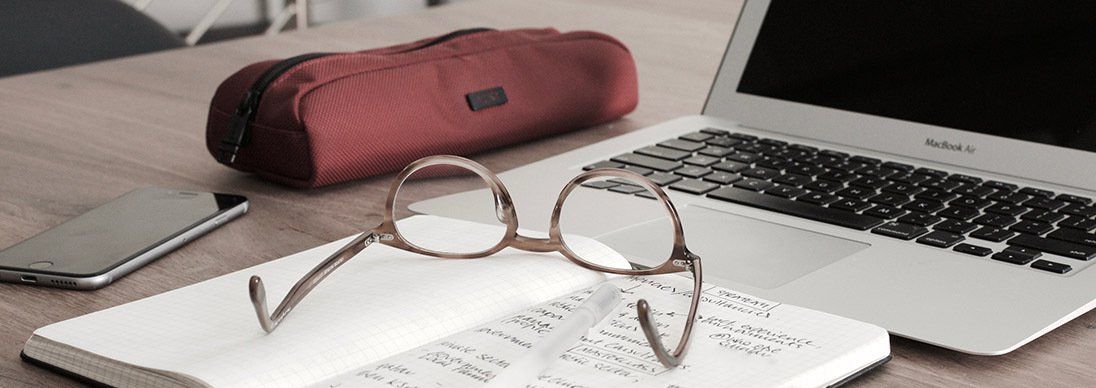Record keeping 101: You can't claim it if you can't prove it
The fundamental aspect of Record Keeping 101 is that you can’t claim it if you can’t prove it. If you are audited, the ATO will disallow deductions for unsubstantiated or unreasonable expenses.
According to the ATO, the reason you need to keep specific records that support the claims and declarations you make is that the Australian tax system relies on taxpayer's self-assessment. Best practice is to keep records for all expenses claimed.
Even if the expense is below the substantiation threshold of $300 ($150 for laundry), the ATO might ask how you came up with that number.
For example, if you claim $300 in work-related expenses (right up to the substantiation threshold), how did you determine that figure and not something else? It's a good idea to add all expenses up in a table or Excel spreadsheet that you can refer to later if needed.

Records you need to keep for tax purposes
In addition to the obvious records of salary, wages, allowances, government payments or pensions and annuities, you need to keep records of:
- Interest or managed funds.
- Expenses for any deductions claimed.
- How each expense relates to the way you earn your income. For example, if you claim the cost of RAT tests, you need to be able to prove that the RAT test was necessary to enable you to work. If you were working from home and not required to leave home, it will be harder to prove that the test was essential for your work.
- Assets such as shares or units in a trust, rental properties or holiday homes.
- If you purchased a home or inherited a property, or disposed of an asset.
- Cryptocurrency purchase and sales records.
Print or digital records?
You need to keep your records for five years from the date you lodge your tax return. Records can be digital copies providing they are clear and legible copies of the original. If your records are digital, keep a backup.
Records can be tax invoices, receipts, diary entries or something else that proves you incurred the expense and how it related to how you earn your income.
Claiming deductions as an employee
For most expenses you need a receipt or similar document as evidence of your expenses. To claim a deduction for a work-related expense, as an employee:
- You must have spent the money and weren't reimbursed
- The expenses must directly relate to earning your income
- You must have a record to prove it (usually a receipt).
Keep in mind that you can only claim a deduction for the work-related portion of an expense. You will need to calculate and claim only the relevant proportion. Make a note of how you calculated the figure so you can substantiate the claim if you are audited.
We're here to help
If you have any questions about record keeping for tax purposes, please contact your Goodwin Chivas & Co. representative, email us or phone our friendly team on (02) 9899 3044.






